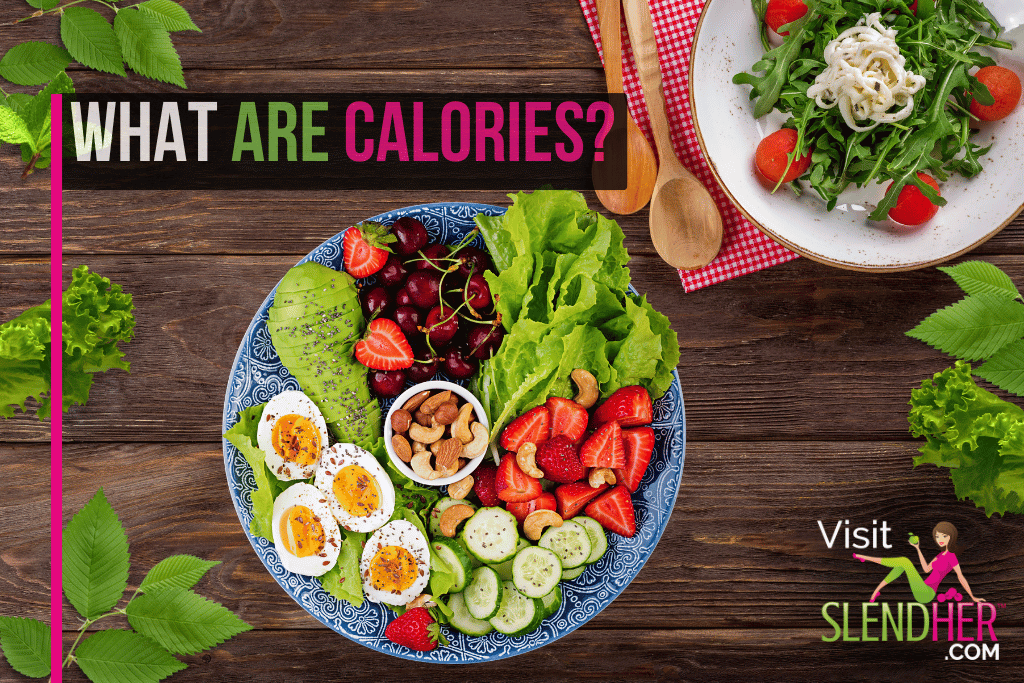
Face it, we have become calorie obsessed.
There are diets based on reducing your caloric intake…
There are apps that were designed with the sole function of keeping track of how many calories you consume during the day…
And when was the last time you looked at the label on something you were about to eat to see how many calories it had – probably sometime today, right?
But with all of that said, do you know what a calorie is?
If you have no clue what a calorie is, you are not alone. The reality is that most people do not know either, even if they spend their days obsessing over every little calorie they eat.
 Contrary to popular belief, a calorie is not a macronutrient like protein, carbohydrates, or fat. It is not inherently evil, either. Calories are simply the units used to measure energy. It is derived from the amount of the amount of energy needed to increase the temperature of one gram of water by one degree Celsius. When you eat a piece of food that has 200 calories, it means that your body will get 200 units of energy from that item you consumed. That energy can then be used for everything from making your heart beat to running a marathon.
Contrary to popular belief, a calorie is not a macronutrient like protein, carbohydrates, or fat. It is not inherently evil, either. Calories are simply the units used to measure energy. It is derived from the amount of the amount of energy needed to increase the temperature of one gram of water by one degree Celsius. When you eat a piece of food that has 200 calories, it means that your body will get 200 units of energy from that item you consumed. That energy can then be used for everything from making your heart beat to running a marathon.
Where You Get Your Calories Matters
While the calorie is a universal unit of energy measurement (a calorie from grilled chicken is the same amount of energy as a single calorie from chilli cheese fries), where you get those calories matters. You want to get your calories from sources that provide your body with vitamins, minerals, and other healthful nutrients as opposed to sources that lack those things that your body needs. Calories from the sources that lack those nutrients are often referred to as “empty calories”. Those empty calories only give you energy that needs to be burned, while leaving your body hungry for real nutrients.
Another major issue is the over-consumption of calories relative to your activity level. Naturally, the more active you are, the more calories you can consume because your body will burn that energy during your activities. However, people who do not engage in physical activities, will burn fewer calories and force their body to store the extra energy as fat. The good news is that fat is only stored energy and can be burned away through exercise and adopting a proper diet!
[adrotate group=”1″]

Leave a Reply